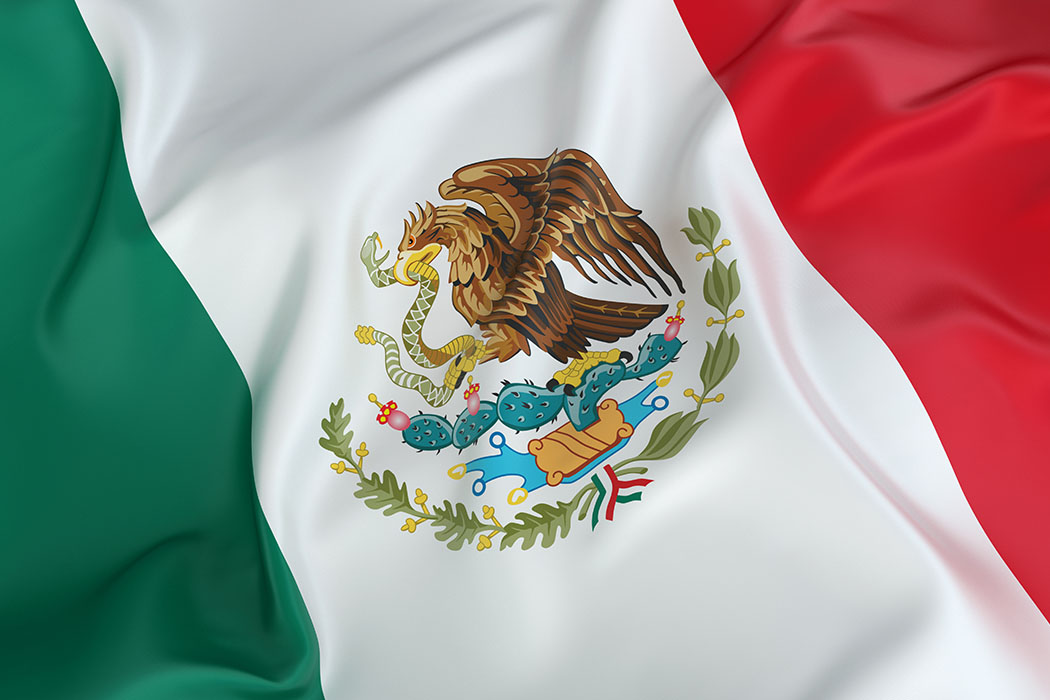
While nearshoring has existed for more than 10 years, lately the trend has taken off. Many companies are moving to Mexico to reduce supply chain risks and take advantage of lower costs.
But to really reap the benefits if you are relocating your supply chain to Mexico, companies must understand the legislation designed to foster trade between the United States, Mexico, and Canada. This post presents some of the customs legislation you need to know to make the most of manufacturing in Mexico and exporting to the U.S.
These programs present an opportunity to save on tariffs, but to enjoy the benefits you must comply with the rules published by the Mexican Ministry of Economy (Secretaria de Economia, SE).
Mexico, as part of the United States-Mexico-Canada Agreement (USMCA), has a privileged geolocation, which is why Mexico started 2023 as top U.S. trading partner and Canada as a close second. This, coupled with decades of experience as a trading partner for the United States, makes it an attractive destination for global companies to relocate their production facilities—reducing some risks seen when doing business around the globe. Another reason companies choose nearshoring in Mexico is because it provides the opportunity to tariff jump.
What is a tariff jump?
A tariff jump occurs when a firm establishes local production through direct investment in a foreign market, in this case Mexico, to jump a tariff on cross-border exports to the U.S. leveraging USMCA rules.
It is important to mention that before attempting a tariff jump, you must consult with a trade specialist about USMCA regarding the rules that apply to your specific product. These experts can also help ensure you are complying with the classification rules for the specific Harmonized Tariff codes and are truly eligible for a tariff jump on a specific product.
Of course, tariff jumps are not the only opportunity for companies investing in nearshoring in Mexico. In its efforts to promote foreign direct investment (FDI), the Mexico government established trade facilitation programs that:
- Specify and simplify compliance factors
- Reduce logistics and administrative costs
- Modernize, streamline, and reduce procedures
- Increase the competitiveness of the Mexican export sector
- Allow companies to adopt new ways of operating and doing business
- Bring certainty, transparency, and continuity to companies' operations
- Increase oversight capacity in an environment that encourages the capture and retention of investment
These programs are the Programa de la Industria Manufacturera, Maquiladora y de Servicios de Exportación (IMMEX) and Programas de Promoción Sectorial (PROSEC).
What are the benefits of IMMEX?
IMMEX provides the opportunity to temporarily import, free of import tax and VAT, the goods necessary for use in an industrial process or service to produce, transform, or repair foreign goods temporarily imported for subsequent export or the provision of export services.
Because IMMEX allows a company to manufacture or repair products in Mexico without paying import duty, it helps preserve cash flow while also taking advantage of lower costs associated with producing in Mexico.
What companies can be a part of the IMMEX program?
Any certified company that temporarily imports materials to perform any type of industrial manufacturing or service process for the production, transformation, or repair and/or the provision of export services can participate in the IMMEX.
Along with the IMMEX authorization, the Mexico Importer of Record (IOR) must be certified under A-AA-AAA taxes and Authorized Economic Operators (AEO) to receive full benefits of this program.
What are the benefits of PROSEC?
PROSEC programs allow companies producing certain merchandise to import various goods with a preferential ad-valorem tariff (general import tax) to be used in the production of specific products, regardless of whether the goods are destined for export or the national market.
The benefits of the program are limited to the goods to be imported contained in the sector in question. However, the holders of PROSEC programs may request their incorporation be added to new sectors, provided they prove they have produced the goods corresponding to the sectors in question.
What sectors can be a part of the PROSEC program?
Legal entities that manufacture merchandise included in any of the 24 PROSEC sectors may import various goods with the preferential ad-valorem tariff to be incorporated and used in the production process of the indicated merchandise.
Candidates to use PROSEC are legal entities that produce the goods indicated in article 4 of the PROSEC decree, using the goods mentioned in article 5 of the decree.
Participating in an established trade facilitation program
Understanding these programs is key to participating in them. Since they provide a cost and tariff benefit, the Mexico government is strict in the application of the laws that regulate these programs.
To enjoy the benefits of these programs, you must first pass a potential authorization process by the Mexican Ministry of Economy.
Performing audits and inspections
If the authority detects irregularities, they can immediately revoke your permit to be a part of these programs.
Additional resources
- Official PROSEC information (Spanish)
- Official IMMEX information (Spanish)
Stay informed
Developments in customs and trade continue to evolve—stay informed to be prepared:- View our Trade & Tariff Insights
- Subscribe to our Client Advisories
- Connect with our trade policy experts



